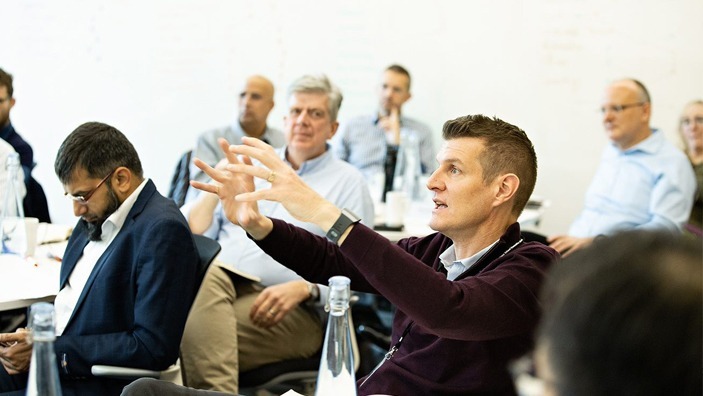Overview
The Circular Economy model requires firms in different sectors across the value chain to integrate disruptive technology and design business, and financial models that are based on longevity, renewability, reuse, repair, upgrade, refurbishment, serviceability, capacity sharing, and dematerialisation.
Organisations still need consider cost management and control and evaluate the financial impact.
Despite the importance and potential benefits of the Circular Economy, the private sector is yet to adopt this new approach at either the strategic or the operational level, for many different reasons. Why we think of sustainability as a vision, the Circular Economy can be considered as an operating model to enable this vision.
Designed to introduce participants to the inextricable relationship between Circular Economy and Sustainability.
It is important for companies to establish a comparative analysis between a traditional economic model and a circular business model. This programme is designed to link the Circular Economy business model to strategy, operations, value chain, finance, and innovation and technology. The blended format of the programme enables delegates to start building onto their Circular Economy knowledge, being exposed to terminology, interviews, case studies and scenarios, to support their learning that take place during their live sessions.
The circular economy is considered as an important enabler to achieving sustainability outcomes and tends to help shape sustainability strategy. Understanding how the circular economy works and how it can be implemented is pivotal to the success of the sustainability vision and mission of companies, industries, sectors, and the economy at large. - Professor Khaled Soufani, Academic Programme Director
See all details and programme content here
Members of Cambridge Network receive 10% discount on Judge Business School Executive Education programmes! Click here to find out more.


